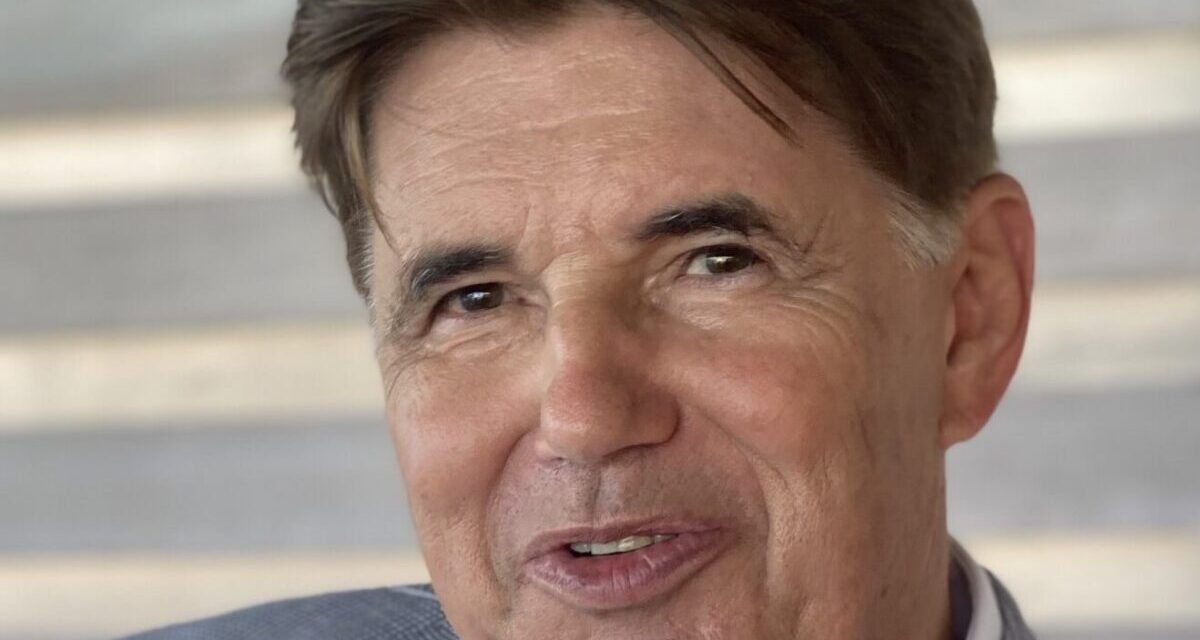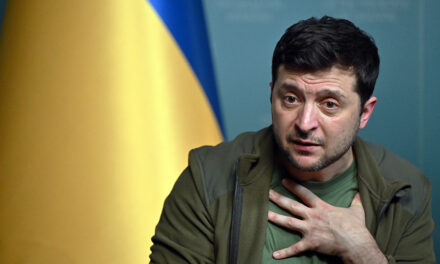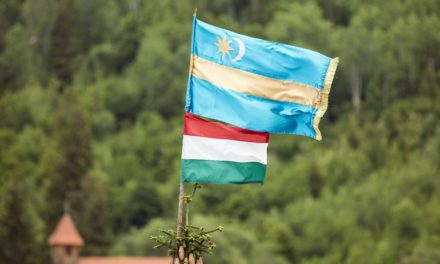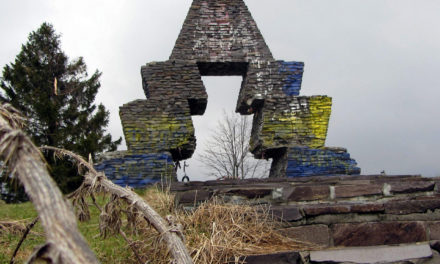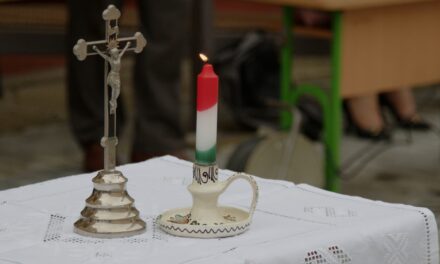The recently renovated Gyal castle, one of the largest private residences in Transylvania, will be given a cultural purpose. Interview with businessman Elek Nagy, who says that his upbringing determined the developments.
Tamás Barcsay, a history professor living in Canada, sued the Romanian state for the building in 2012. Two years later, he sold it to Elek Nagy, a Hungarian businessman from Cluj, who in turn donated it to the Transylvanian Traditions Foundation he founded. After a decade of renovation, the building's ceremonial opening will be held on May 17. In an interview with Krónika, Elek Nagy called the developments in Gyalu the result of his upbringing.
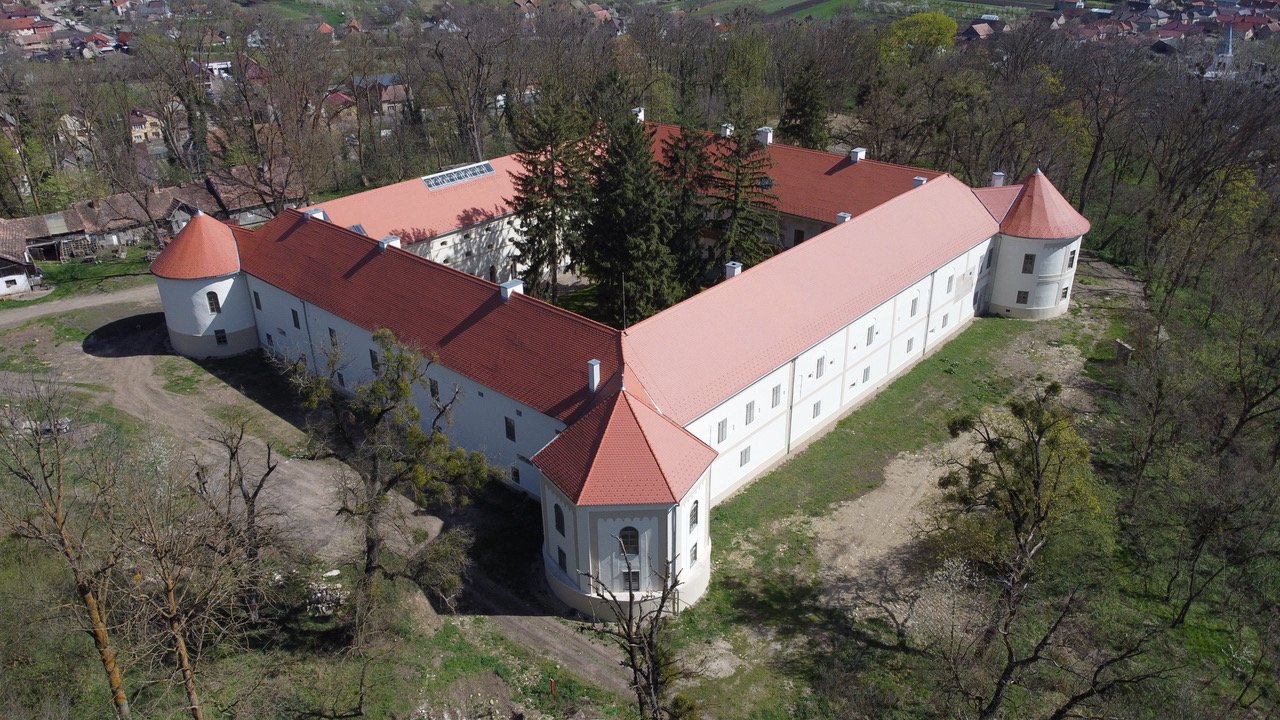
Photo: Gazda Árpád/Krónika
May I speak to the lord of the castle?
Did you talk to the Hungarian Prime Minister? He sometimes jokingly calls me lord of the castle. This is a very honorable address, but I am a modern castle lord who offers his castle on the altar of the nation.
I understand that when Balázs Gergely approached him in the spring of 2014 with the intention of convincing him to buy the castle, he brought two helpers with him: László Tőkés and Géza Szőcs. Need some encouragement?
I can say one thing for sure, the fate of Transylvanian Hungarians was always just as important to both of them as it was to me. László Tőkés was my classmate, Géza Szőcs was a year below me, and we had been good friends since childhood. We always had one goal in front of us: to help the preservation of Transylvanian Hungarians, and as our life paths show, all three of us did it in our own way and with our own means.
From the first moment, I felt Balázs Gergely's idea of making this castle a cultural center, and Professor Tamás Barcsay, the seller, was a partner in this.
At the time, I didn't know how we would be able to achieve this, since the purchase itself had already cost a lot, as well as the renovation. But I trusted myself and the Transylvanian team. And behold, the good God was with us. After ten years, on May 17, we will hand over the renovated castle in a ceremonial setting.
I guess he wasn't familiar with the building then. Did you have any previous personal experiences with the castle?
When we went from Cluj to Bánffyhunyad or Nagyvárad, or came back, we always looked up at the hill, trying to make out the outline of the castle through the leaves of the trees. It seemed like some very special, distant world that you can't just enter. What a life, I was given the opportunity to bring the castle back to its former glory.
In connection with the purchase of the castle, he also referred to his origin and upbringing. What was this upbringing like? How did you end up using your wealth for community purposes?
It is certain that this origin and upbringing led me to where I am today. This cannot be done in two sentences. In order to understand it, it is also necessary to understand how our parents were brought up, and thus the picture of the entire 20th century Transylvania emerges. My parents were just born in the Monarchy, but they lived their lives in Transylvania, which belonged to Romania. My mother came from Bácsi, a small village in Hunyad County, as the scion of an impoverished Reformed noble family. The most powerful man in the village lived next door to them, Petru Groza, or as the Hungarians called him, Péter Gróza, the first prime minister and then president of Romania, which became a communist state. As a simple railway worker, my grandfather was blessed with extremely good business acumen and managed to become the second richest man in the village.
Unfortunately, after the communist takeover, he was declared a kulak and all his property was taken.
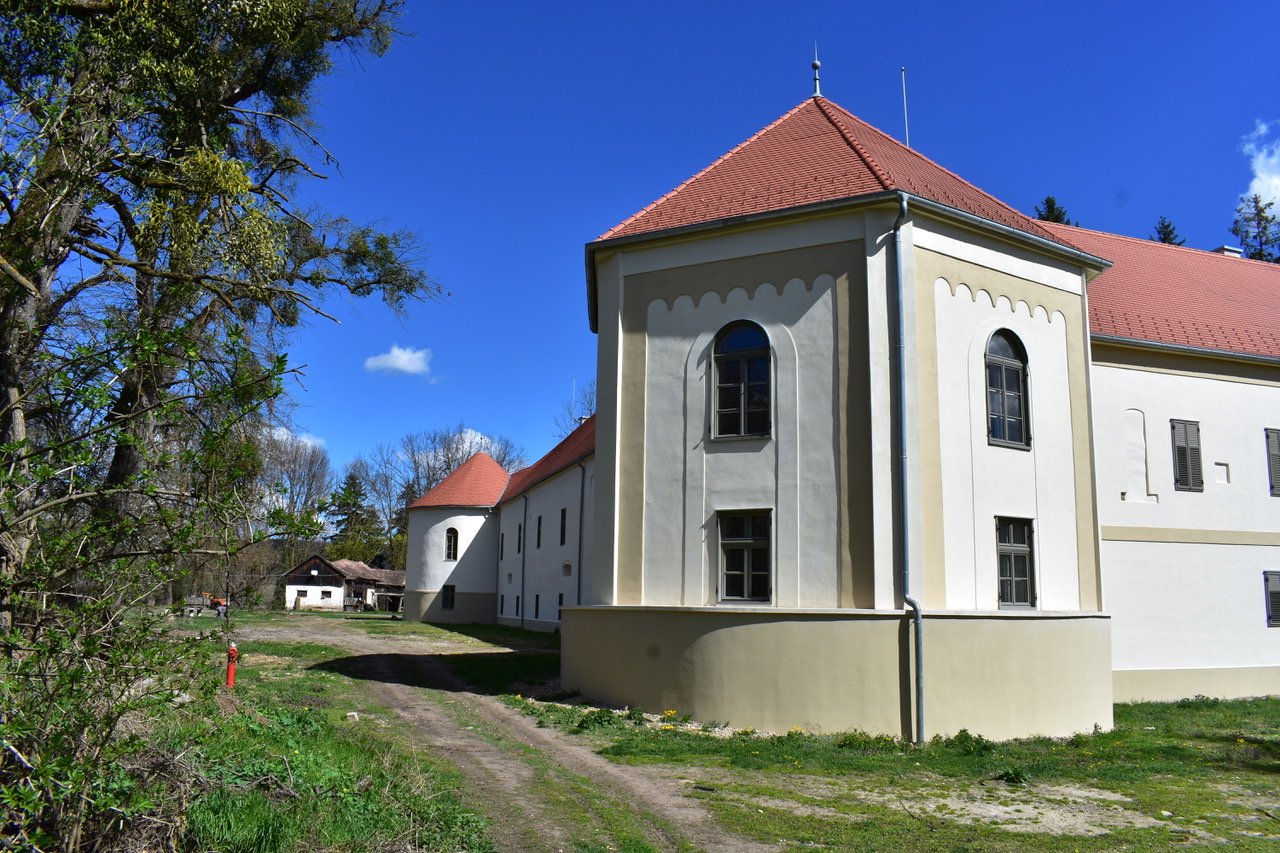
Photo: Gazda Árpád/Krónika
Didn't the relationship with Groza help?
I don't know the details, but Groza, who otherwise spoke perfect Hungarian, sided with the communist government and thus was among the privileged. He announced to the Hungarians that everything would be fine and the Hungarians believed him because they wanted to believe. But he could not keep his promises, even if he wanted to, since the oppressive system itself was one that knew neither God nor man.
Unfortunately, the financial collapse took my grandfather to the grave in moments. My paternal grandfather experienced the same breakdown, albeit in a different way.
My father was born in Székelyudvarhely. His family bought their tent pole during the Romanian invasion in 1916 and didn't stop until Cluj, where my grandmother's parents lived. My grandfather had a serious career as a lawyer in Cluj, but he actually didn't know enough about the Romanian thinking that became the ruler. He did not believe that "vetitum retro leges", i.e. one of the basic principles of Roman law, the prohibition of retroactive legislation, could be violated. He was wrong. In the mid-thirties, in connection with a huge lawsuit that seemed to have a certain outcome, while celebrating the expected success with the family, he took out a huge loan, but a change in the law led to the fact that he ended up losing all his assets and then he also left very quickly.
The full interview can be read on the Chronicle!
Featured image: Elek Nagy's personal archive

